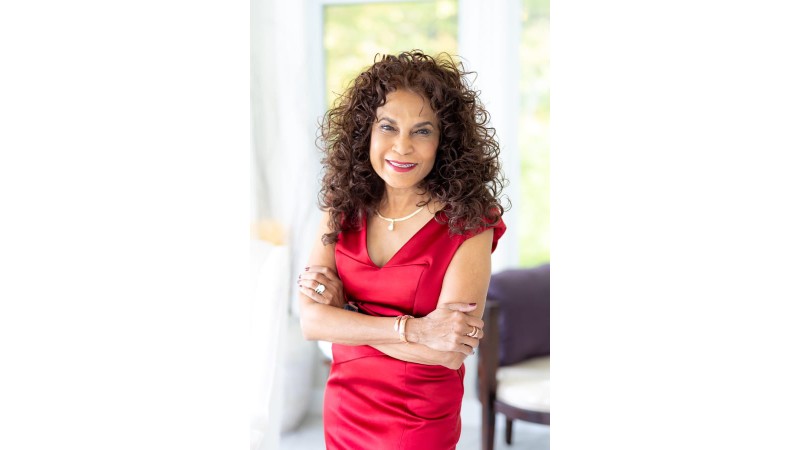Dr. Joan Neehall recommends that the key to reducing anxiety and promoting happiness is to practice mindfulness

Being completely present, being aware of where we are and what we are doing, and not being unduly reactive or overwhelmed by what is going on around us are all aspects of mindfulness. Mindfulness is a fundamental human skill. When you start paying attention to the here and now, you open up channels to resources that you may not have been aware were always a part of you, like an inner calmness. Constant insight into the aspects of your life for which you need and do not require awareness, which is always there. Mindfulness practice provides the space for you to modify how you react to whatever circumstances you find yourself in, even if you are unable to alter those circumstances themselves.
The practice of mindfulness may help alleviate anxiety by assisting an individual in turning their attention inward, being calm and still, and centering their attention on what is occurring in the present moment rather than dwelling on things from the past or worries about the future. Instead of becoming caught up in anxious thoughts, anxieties, and “what if” scenarios, practicing mindfulness means totally immersing oneself in the present moment and one’s immediate surroundings.
The perspectives of Dr. Joan Neehall on Mindfulness
According to Dr. Joan, a clinical psychologist who specializes in forensics, the practice of mindfulness is a method of living your life to the fullest and showing up for each moment, regardless of what that time may bring. Dr. Joan says this may be accomplished by practicing mindfulness. Being present in your life is paying attention to whatever it is that you are doing, observing things to their fullest extent, and paying attention to what is going on around you. In addition to this, she is of the belief that mindfulness entails cultivating a concentrated awareness of what is occurring in the here and now, the people you are with, as well as your own thoughts, emotions, and deeds.
Mindfulness, in contrast to treatments for anxiety such as cognitive behavior therapy (CBT) or other therapeutic approaches to mental health, is not a separate methodology or framework with an organized procedure, according to Dr. Joan’s interpretation of the practice. Awareness, paying attention on purpose to something in the present now, returning your attention to the present moment whenever your mind wanders, and examining your experiences without criticizing them or becoming caught in them are all components of the practice of mindfulness.
How can practicing mindfulness help with anxiety?
In its most basic form, mindfulness is the antithesis of the state of worry. Mindfulness sets individuals free, enabling them to see and accept life as it is without worrying about what horrible things could happen or reading into what anything might imply. In contrast, anxiety keeps people stuck in their own minds, in their own ideas and feelings.
It is not enough to just cease worrying; this is something that is obvious to anybody who lives with anxiety. Dr. Joan believes that telling a patient to “relax” or “get rid of worried thoughts” is not only counterproductive but also very aggravating. Something that can take the place of stress and anxiety is what is required instead. She suggests that practicing mindfulness, which places an emphasis on paying attention to one’s thoughts, sensations, and bodily sensations in the here and now, is an excellent alternative to taking medication for the treatment of anxiety, particularly if you are concerned about the way that anxiety medications may make you feel.